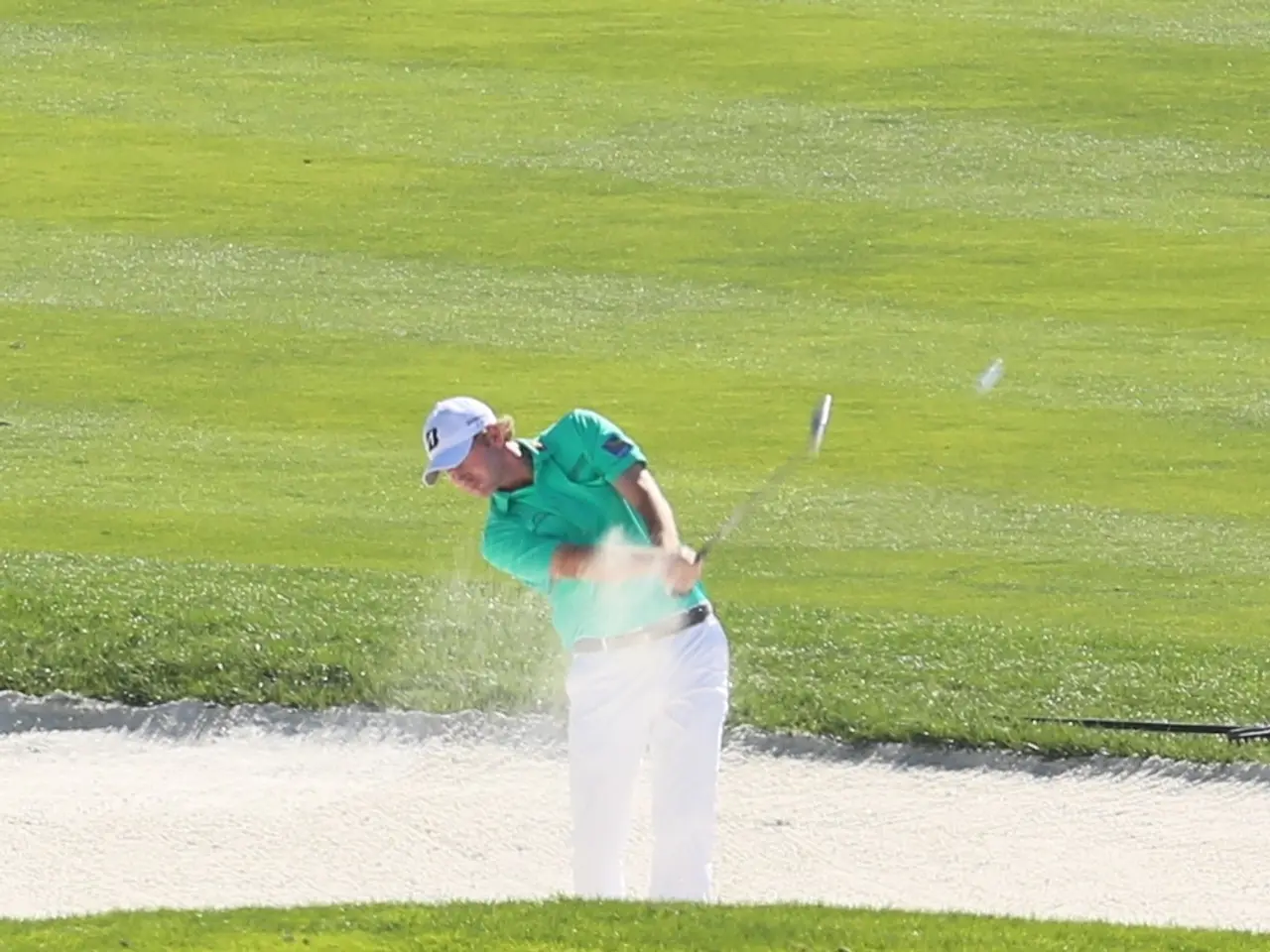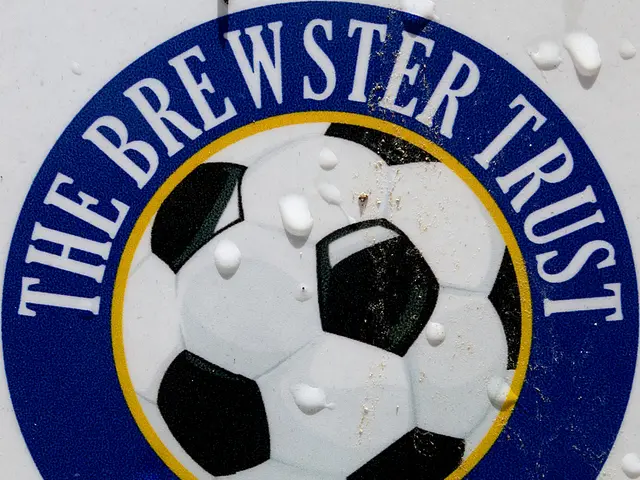Improved Golf Performance Sought: Two Professionals Share Their Expert Advice
In the world of golf, progress isn't always a linear journey, but there's joy in focusing on the process rather than the score. Here are some strategies that can help you improve your game and make playing golf more effortless and enjoyable.
Firstly, tracking fairways and greens in regulation is a valuable tool for identifying where strokes are lost or gained during a round. By understanding patterns, you can focus on areas needing improvement, such as driving accuracy or approach shots. This feedback also provides positive reinforcement when goals are met, supporting confidence.
Creating a practice plan based on tracked data and skill evaluation is another essential aspect. This approach targets the exact aspects of the game that need improvement, making practice sessions more efficient and focused. It helps avoid random practice and ensures consistent progress toward scoring goals.
Focusing on wedge distances is crucial for improving short- to mid-range shot accuracy and control. Mastering wedge distances helps prevent costly mistakes around the green, setting up scoring opportunities close to the green and reducing the number of putts per hole.
Checking grip and setup ensures swing fundamentals are consistent and repeatable, which directly leads to better ball striking and shot reliability. A consistent grip and proper setup prevent erratic swings that result in hooks, slices, or mis-hits.
Taking a playing lesson with a professional provides tailored feedback on swing mechanics, clubface alignment, body rotation, and impact position. Lessons help correct flaws and ingrain more consistent ball striking and shot shaping. Being proactive with lessons involves ongoing evaluation and adjustment of technique as the golfer progresses, preventing the development of bad habits and allowing continuous refinement.
Experimenting with different clubs, aim points, and lay-ups can help with recovery from missed fairways. Within those 20-minute increments, a golfer can dial in their specific practice needs. Prioritizing practice and making swing changes on the range, not during a round, is recommended for effective improvement.
Lastly, Lobeck advises against following too much advice from social media as it may not be relatable to one's specific swing or problem. Instead, focusing on where a golfer is currently struggling helps create structure during practice time. An easy way to plan out practice time is breaking it into 20 minutes of putting, 20 minutes of short game, and 20 minutes of range time.
Remember, golf progress isn't linear, and plateaus may occur. But by implementing these strategies, you can create a structured, data-informed approach to practice and play that improves reliability in shot making, reduces errors, and lowers scoring variability. So, whether you're a seasoned pro or a beginner, these tips can help you enjoy the game more and see improvements in your scores.
- To enhance your golf game, consider focusing on improving your short- to mid-range shot accuracy and control by honing your wedge distances.
- Implementing a practice plan based on data tracking and skill evaluation can help you structure your practice time effectively, making it more efficient and centered on specific areas of improvement.







